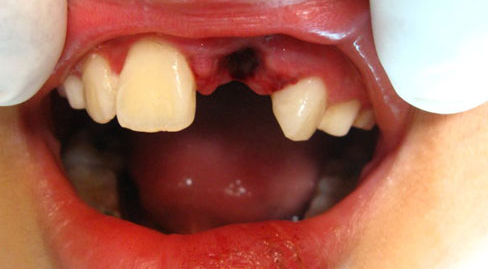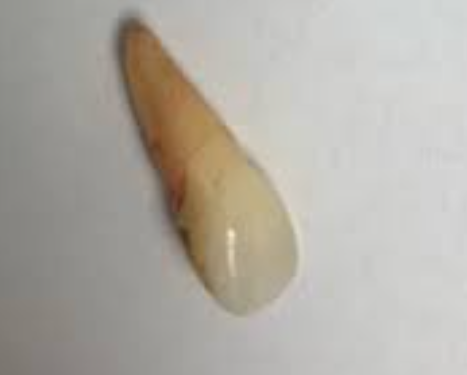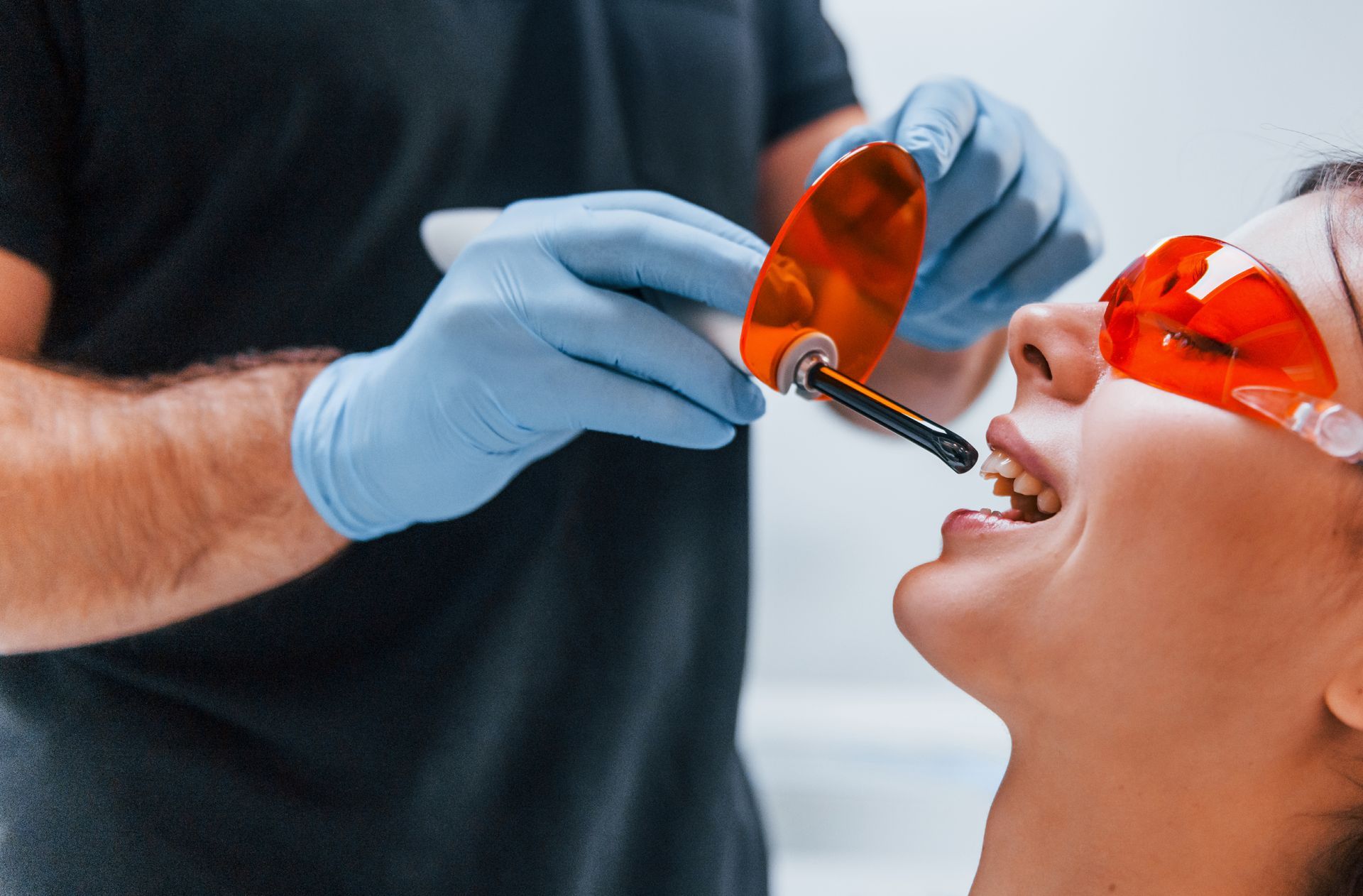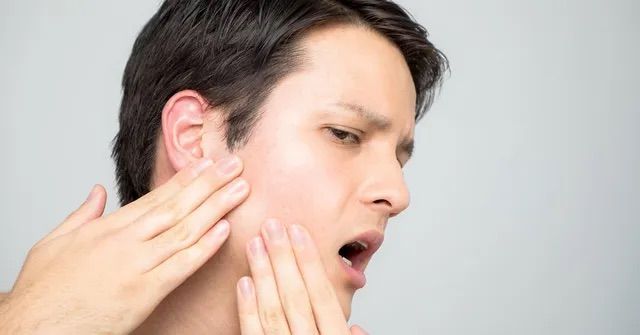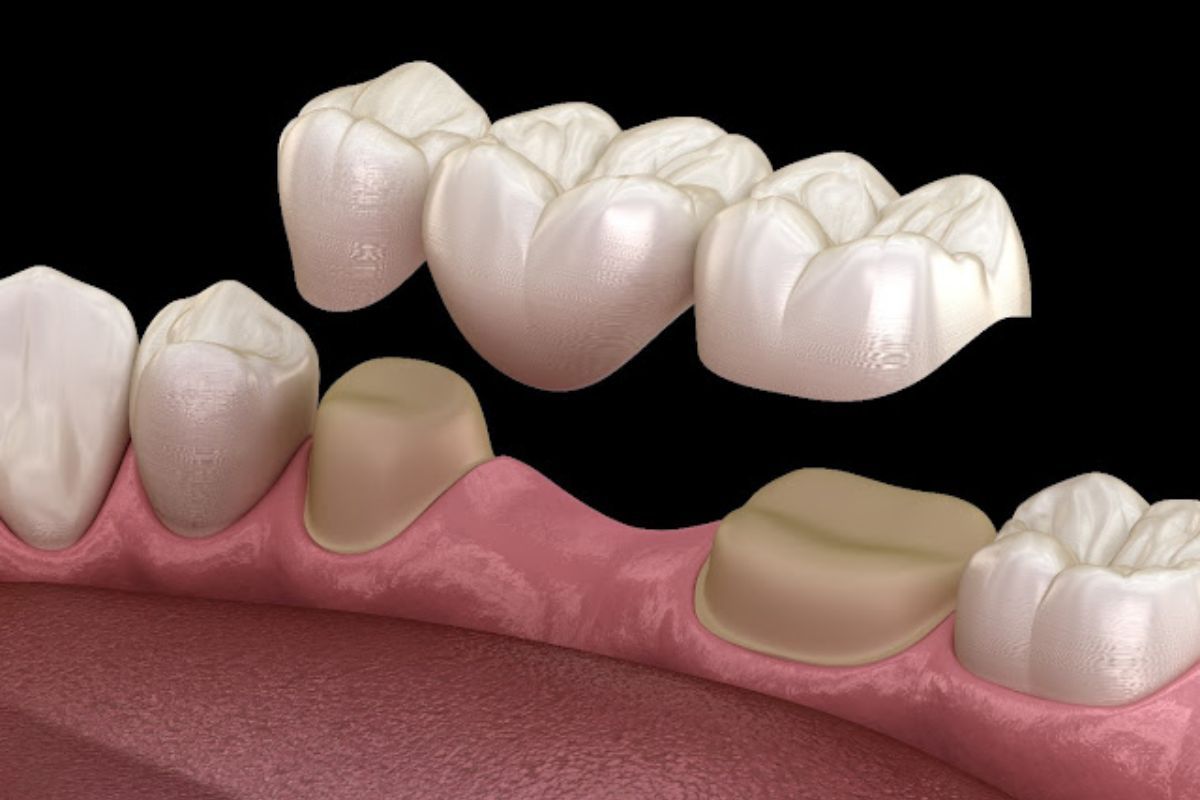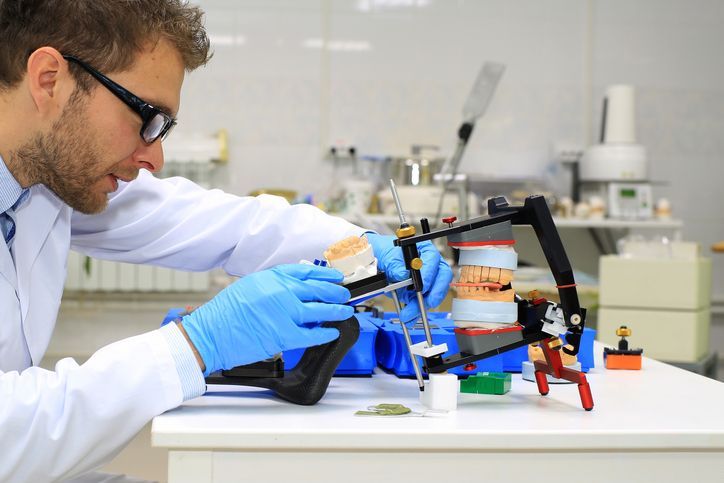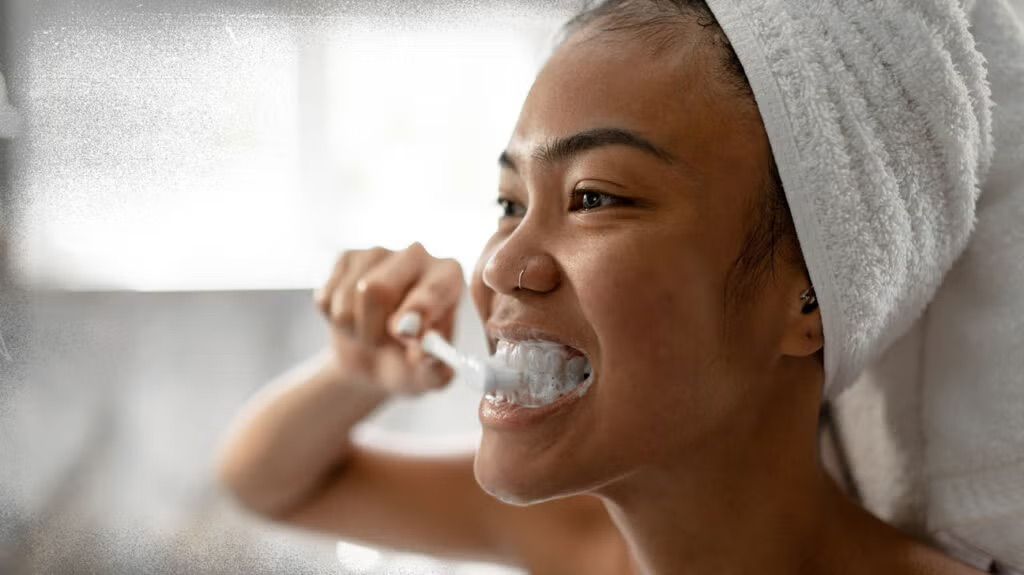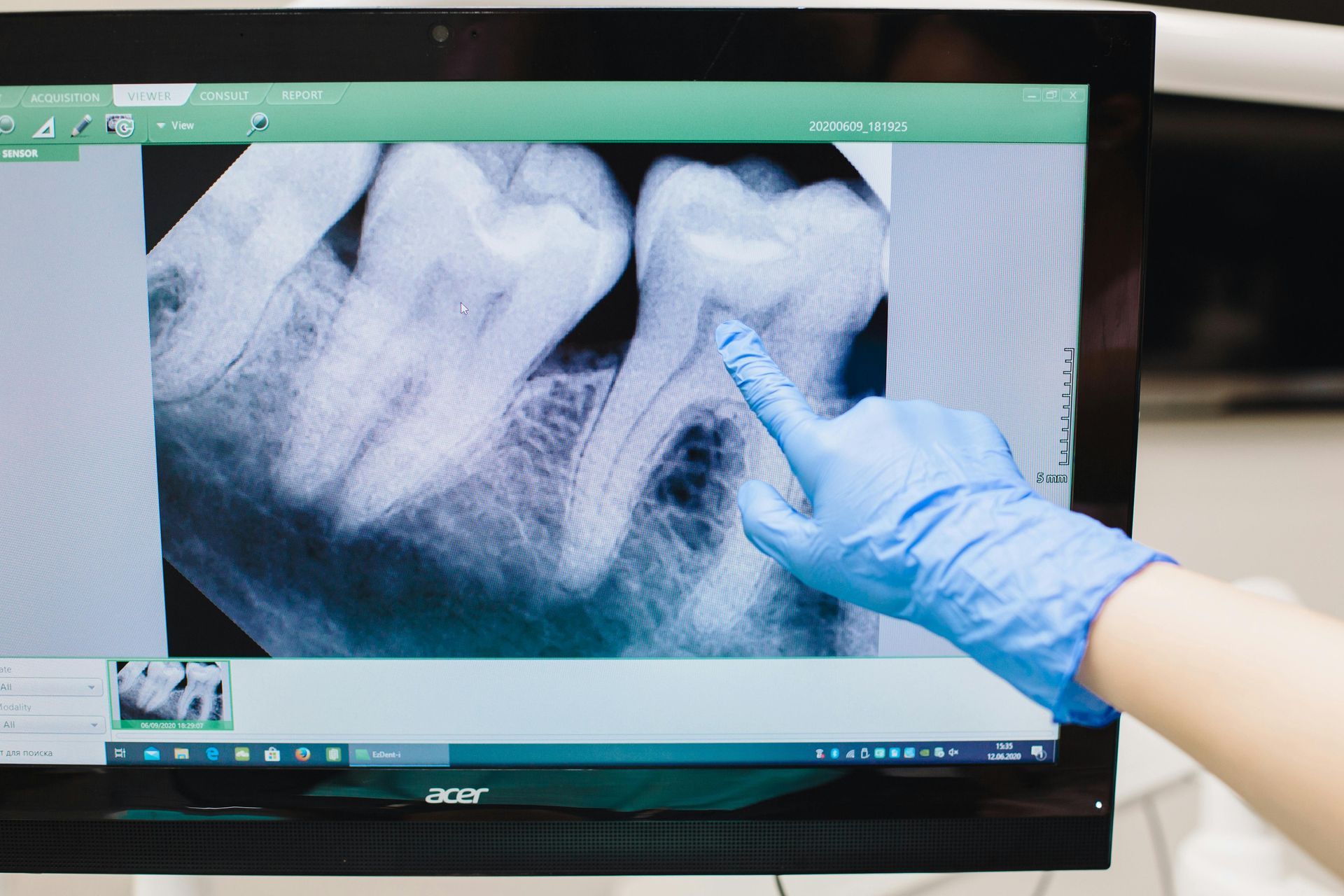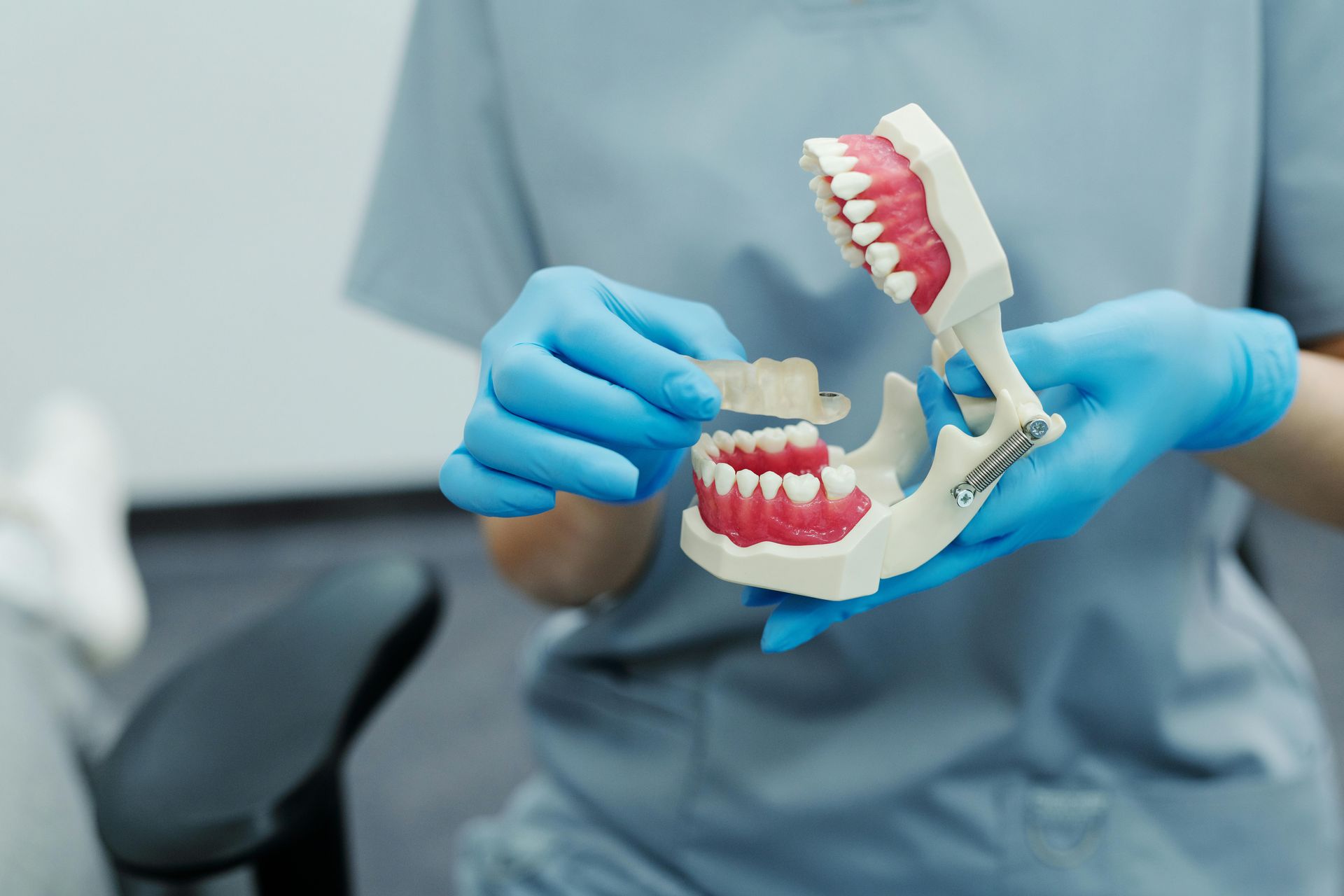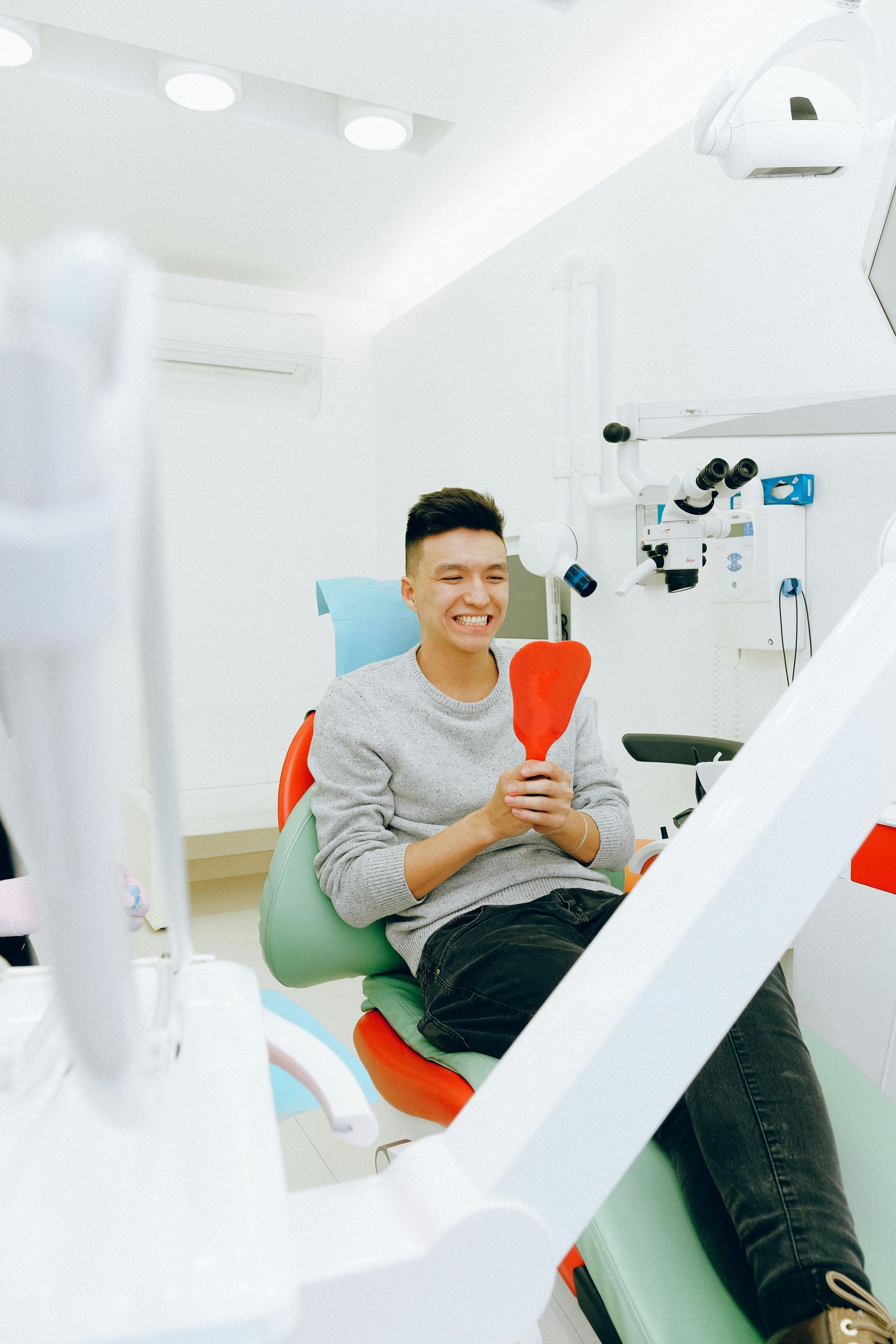Dental Emergencies : When a Tooth Gets Knocked out
Best Family Dentistry in Charlotte, NC
Most days in dentistry are focused on prevention—routine checkups, cleanings, x-rays, and catching problems early. That’s the foundation of great oral health. But every now and then, life throws something unexpected your way, and dentistry becomes more like an emergency rescue mission.
One of the most dramatic (and rewarding) emergencies we see is when a patient has a knocked-out tooth, known as an avulsed tooth in dental terms.
Parker’s Story: A Real-Life Dental Save
Back in 2015, I got a Saturday afternoon emergency call from a longtime patient. Her son, Parker, had been jumping on a trampoline when he fell and knocked out his front tooth. At just eight years old, this wasn’t a baby tooth—it was a permanent one.
Within 30 minutes, Parker and his mom were at the office. With my husband pinch-hitting as my assistant (and Parker’s mom kindly keeping our 6-month-old entertained), we went straight to work.
Parker was incredibly brave. Within 10 minutes of arriving, his tooth was back in place.
Later, he needed a root canal to stabilize the tooth. But here’s the amazing part: almost 10 years later, Parker still has that tooth. That’s what we call a true dental victory.
Stories like Parker’s remind us that quick action saves smiles.
Why Quick Action Matters in Dental Emergencies
When a permanent tooth is knocked out, every second counts. Research shows that a tooth has the best chance of survival if it’s replanted within 30 to 60 minutes. After that, the odds decrease significantly because the delicate ligaments and cells on the root surface begin to die.
That’s why Parker’s case was a success:
- His mom reached us right away.
- She kept the tooth moist until we could reimplant it.
- We acted quickly at the office.
- He received the proper follow-up care with a root canal and regular monitoring.
Without those steps, he likely would have lost the tooth permanently.
What To Do If a Tooth Gets Knocked Out
Here’s what every parent (and patient) should know in case of a dental emergency like this:
- Stay calm and act fast.
Panic wastes time. The quicker you respond, the better the outcome. - Find the tooth immediately.
Pick it up by the crown (the white part you see in the mouth), not the root. Touching the root can damage the tissues needed for reattachment. - Keep the tooth moist.
- If possible, place the tooth gently back into the socket.
- If not, put it in a glass of milk, saline solution, or even the patient’s own saliva (like tucking it inside the cheek).
- Never let the tooth dry out, and don’t scrub it clean.
- Get to the dentist quickly.
Ideally, see an emergency dentist within 30 minutes. At Ayrsley Family Dentistry in Charlotte, NC, we keep time slots available for dental emergencies because speed is critical. - Follow through with professional care.
Even if the tooth is successfully replanted, root canals, splints, or follow-up treatments are often necessary to keep the tooth stable long term.
Why Saving the Tooth Matters
Some people wonder—why go through all this effort if dental implants or bridges exist? The truth is, nothing is as good as your natural tooth. Saving it is almost always the best option.
- Better function: Natural teeth feel and function better than any replacement.
- Cost savings: Replanting a tooth and performing follow-up care is far less expensive than tooth replacement.
- Long-term health: Saving the tooth helps maintain jawbone health and prevents shifting of surrounding teeth.
What Causes Knocked-Out Teeth?
Tooth avulsion can happen to anyone, but the most common causes are:
- Sports injuries (football, basketball, soccer, baseball, etc.).
- Playground or trampoline accidents (like Parker’s).
- Bicycle, scooter, or skateboard falls.
- Car accidents.
That’s why wearing a custom sports mouthguard is one of the best preventive measures for kids and adults who are active. At Ayrsley Family Dentistry, we create custom-fit athletic mouthguards that offer superior protection compared to store-bought versions.
Long-Term Care After Replanting
Even after a tooth is successfully replanted, the work isn’t over. Teeth that are knocked out often need:
- Splinting: A flexible splint may hold the tooth in place while healing occurs.
- Root canal treatment: This prevents infection and strengthens the tooth.
- Monitoring at regular checkups: We take x-rays and exams to ensure the tooth remains healthy.
With proper follow-up, many patients—like Parker—can keep their natural teeth for decades after an accident.
FAQs About Knocked-Out Teeth
Can baby teeth be replanted?
No. Replanting baby teeth can harm the developing permanent tooth beneath the gums. If a baby tooth is knocked out, see your dentist to evaluate the area, but replacement is not recommended.
What if I can’t find the tooth?
Don’t delay care. Even without the tooth, your dentist needs to check for trauma, fractures, or injuries to surrounding teeth and gums.
Are there risks if the tooth is put back in?
Yes—there’s a risk of infection or resorption (the body breaking down the root). That’s why professional care and monitoring are essential.
What if I’m not near a dentist?
Head to the nearest
emergency room. They may be able to stabilize the situation until you can see a dentist.
